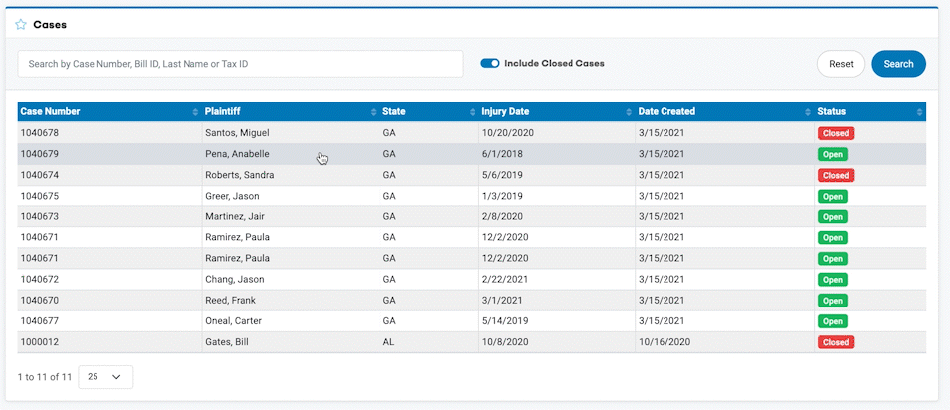Unpacking Pain and Suffering: How Psychological Evidence Can Strengthen Your Personal Injury Case
-1.png)
In personal injury cases, the concept of "pain and suffering" plays a crucial role in determining the compensation a plaintiff may receive. Traditionally, the focus has been on physical injuries—broken bones, lacerations, and other tangible damage. However, the legal system increasingly recognizes the importance of psychological impacts, such as anxiety, depression, and PTSD, which can be just as debilitating as physical injuries. This article explores how psychological evidence can significantly bolster a personal injury case, ensuring that all aspects of a victim's suffering are acknowledged and compensated.
- Understanding Pain and Suffering
Pain and suffering, in legal terms, encompass both physical pain and emotional distress resulting from an injury. While physical pain is often straightforward to document and quantify, emotional suffering—such as the trauma from a car accident or the anxiety following an assault—can be more challenging to prove. Emotional distress includes any psychological impact that diminishes the quality of life, making the victim’s day-to-day existence more difficult or less enjoyable. Courts increasingly recognize that psychological suffering, though invisible, is an integral part of a victim's pain and suffering claim.
- The Role of Psychological Evidence
Psychological evidence is crucial in substantiating claims of emotional distress in personal injury cases. This evidence often comes in the form of evaluations by mental health professionals, such as psychiatrists or psychologists, who can diagnose conditions like PTSD, depression, or anxiety that stem from the incident. Expert testimony from these professionals helps to illustrate the severity of the psychological impact, providing a clear link between the event and the resulting emotional suffering. For instance, in cases where a victim develops PTSD following a traumatic event, psychological evidence can help quantify the extent of the disorder and its effects on the victim's life.
- Gathering Psychological Evidence
Collecting psychological evidence requires a systematic approach, beginning with the victim seeking help from a licensed mental health professional. Detailed records from therapy sessions, psychiatric evaluations, and even prescribed medications are vital components of this evidence. Additionally, patient testimonials about how the psychological condition has affected their life—such as lost enjoyment of activities, strained relationships, or inability to work—add a personal touch that resonates with judges and juries. Expert witnesses, particularly those who specialize in trauma-related disorders, are indispensable in presenting this evidence in court.
- Legal Strategies for Leveraging Psychological Evidence
To effectively leverage psychological evidence in a personal injury case, it’s essential to link the emotional suffering directly to the incident. This often involves demonstrating a timeline that shows the onset of psychological symptoms following the traumatic event. Legal strategies include presenting expert testimony to explain the severity of the psychological condition and how it relates to the event. Lawyers may also cross-examine defense experts to challenge attempts to downplay the psychological impact. For example, an attorney might use a mental health expert to counter the argument that a plaintiff's depression was pre-existing or unrelated to the incident in question.
- Challenges and Considerations
Presenting psychological evidence in court comes with its challenges. There can be skepticism from judges or juries who may find it difficult to quantify emotional suffering compared to physical injuries. This is why a well-documented psychological case is essential. Detailed evaluations, consistent therapy records, and compelling expert testimony can overcome these challenges. Ethical considerations are also paramount; sensitive psychological information must be handled with care to protect the privacy and dignity of the victim. The goal is to present a robust case that demonstrates the extent of the psychological harm without causing further distress to the plaintiff.
Conclusion
Psychological evidence plays a critical role in ensuring that the full scope of a victim's suffering is acknowledged in personal injury cases. By meticulously documenting emotional distress and presenting it effectively in court, legal professionals can help secure fair compensation for their clients. This comprehensive approach recognizes that pain and suffering go beyond physical injuries, encompassing the emotional and psychological scars that often accompany them.
Maximize the impact of your personal injury cases with Golden Pear's litigation funding. Gain the financial leverage needed to incorporate compelling psychological evidence and enhance your client's claims.


.png)